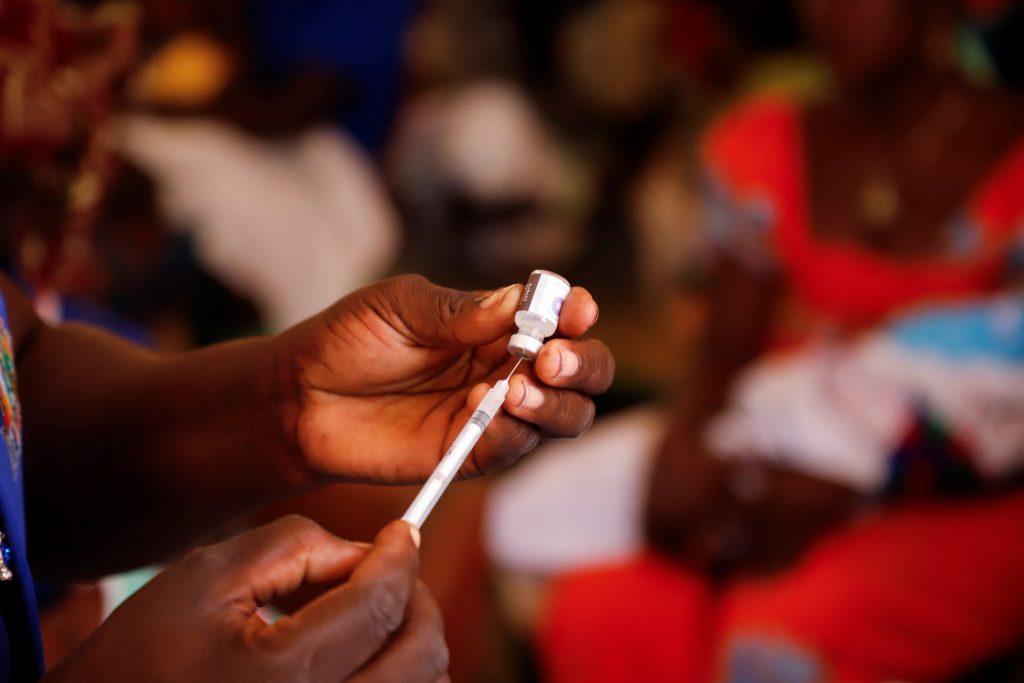Niger has joined the growing list of West African nations launching malaria vaccination campaigns to combat the deadly disease. Health Minister Garba Hakimi announced the commencement of a large-scale vaccination effort on Thursday, beginning in the southwestern city of Gaya, a high-risk area for the mosquito-borne illness.
In 2022, malaria was responsible for over 600,000 deaths globally, with Africa accounting for 95% of those fatalities. Children under five made up 80% of the victims, according to the World Health Organisation (WHO).
Niger incorporated the RTS,S malaria vaccine, developed by the UK pharmaceutical firm GSK, into its routine vaccination schedule after its approval in 2022, the WHO confirmed in a statement. This vaccine is expected to significantly reduce child mortality, with malaria contributing to 19% of child deaths in Niger, Hakimi explained.

The RTS,S vaccine, which offers approximately 75% effectiveness against severe forms of the disease, could be a game-changer for the country, where malaria causes fever, headaches, and chills. Niger records around five million cases annually, with over 5,000 deaths.
Beyond the vaccination programme, Niger will continue to bolster its anti-malaria strategies. The government will maintain the free distribution of mosquito nets treated with repellent and provide preventative medication to children before the wet season, when the risk of infection peaks.
Niger follows other West African nations, including Cameroon, Ivory Coast, Ghana, Nigeria, Burkina Faso, and the Central African Republic, which have also approved malaria vaccines in recent months.
The RTS,S is one of two WHO-recommended malaria vaccines for children, the other being R21/Matrix-M, produced by the Serum Institute of India.


